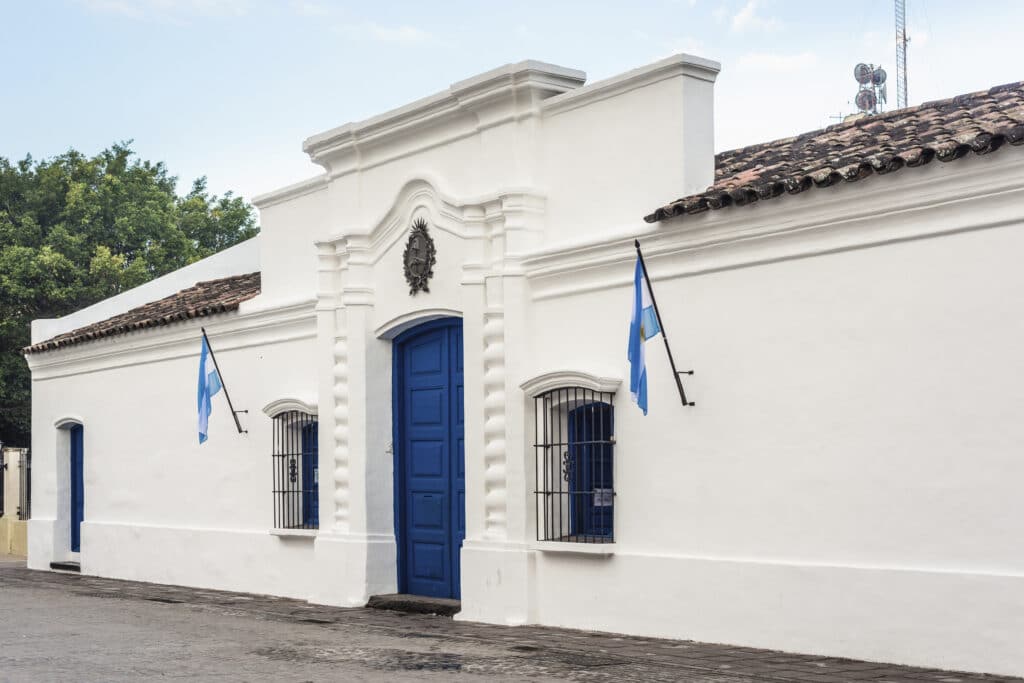Independence Day Traditions Around the World
Independence Day is a significant event in many countries, symbolizing the birth of a nation, freedom from colonial rule, or the establishment of a sovereign state. These celebrations are steeped in cultural significance, reflecting each nation’s unique journey to independence. This article explores various Independence Day traditions around the world, organized by continent and country.
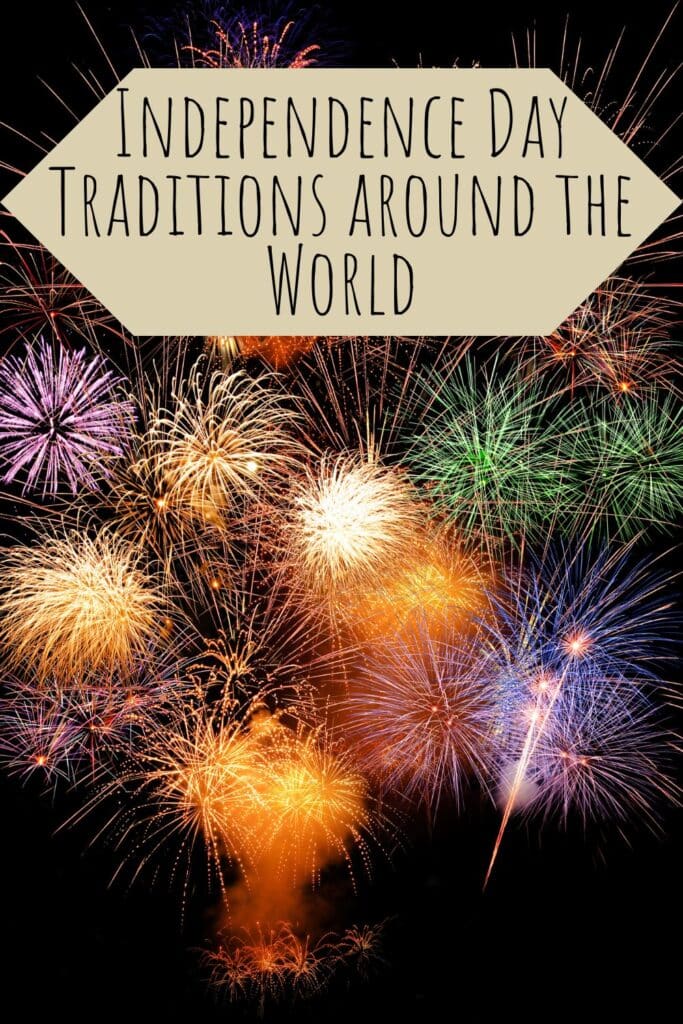
North America
United States (July 4th)
The United States celebrates Independence Day on July 4th, marking the adoption of the Declaration of Independence in 1776. The day is synonymous with patriotism, featuring fireworks, parades, and concerts. Americans gather for barbecues and picnics, donning red, white, and blue attire to honor the nation’s colors. Fireworks symbolize the “rockets’ red glare” mentioned in the national anthem, and cities across the country host large displays, with New York City’s Macy’s Fourth of July Fireworks being among the most famous.
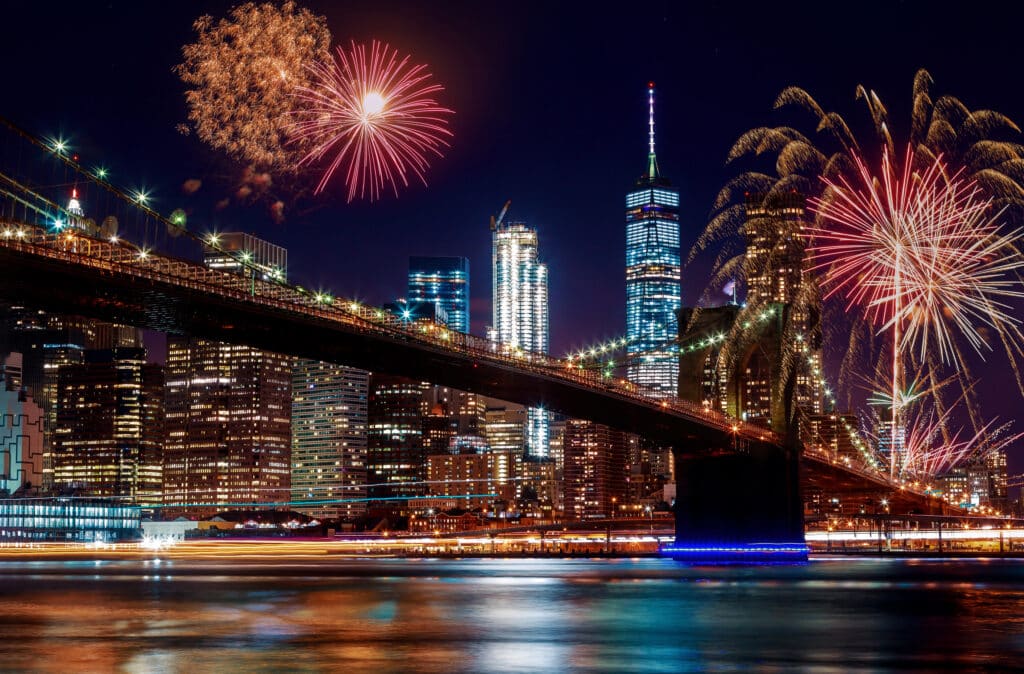
Mexico (September 16th)
Mexico’s Independence Day, or “El Grito de Dolores,” commemorates the start of the Mexican War of Independence in 1810. The celebration begins on the evening of September 15th, when the President of Mexico reenacts “El Grito” (The Cry) from the National Palace’s balcony in Mexico City. The following day is filled with parades, fireworks, and parties. Traditional foods like pozole and chiles en nogada are served, and people dress in green, white, and red, reflecting the national flag.
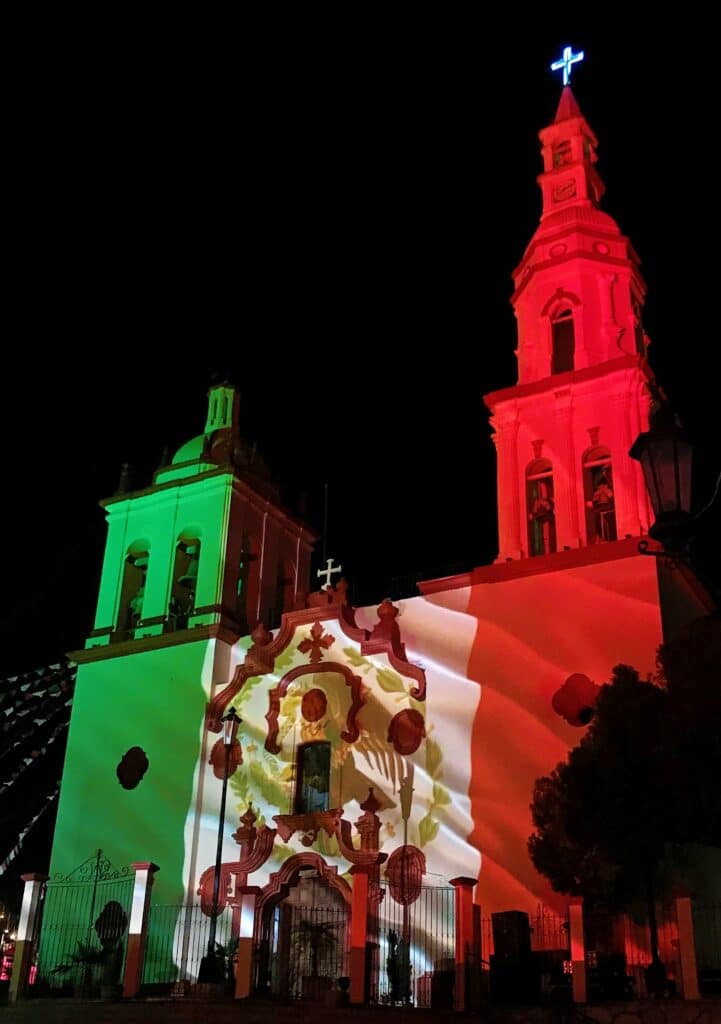
Canada (July 1st)
Canada Day celebrates the unification of the country under the Constitution Act of 1867. Festivities include fireworks, parades, concerts, and ceremonies across the nation. In Ottawa, the capital city, large crowds gather at Parliament Hill for the main celebration, featuring performances and speeches by Canadian leaders. The day also emphasizes Canadian identity and multiculturalism, with events showcasing the diversity of the country’s population.
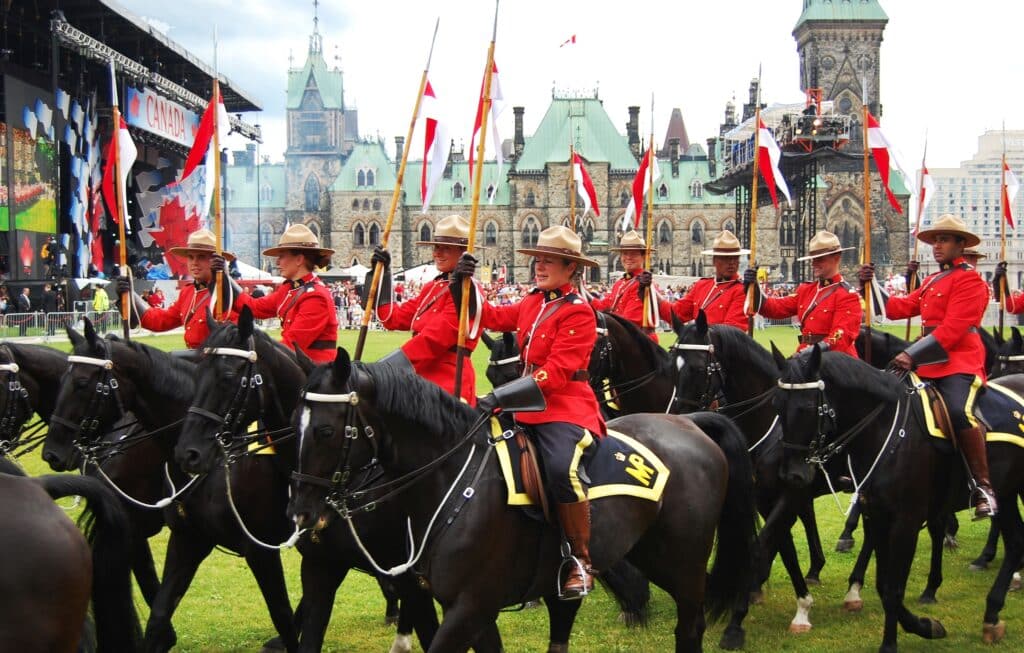
Europe
France (July 14th)
Bastille Day, celebrated on July 14th, marks the storming of the Bastille prison in 1789, a key event in the French Revolution. It symbolizes the end of absolute monarchy and the birth of the sovereign French Republic. The day is celebrated with military parades, most notably on the Champs-Élysées in Paris, attended by the President of France and other dignitaries. Fireworks, parties, and concerts are also held, with many wearing the tricolor of the French flag.
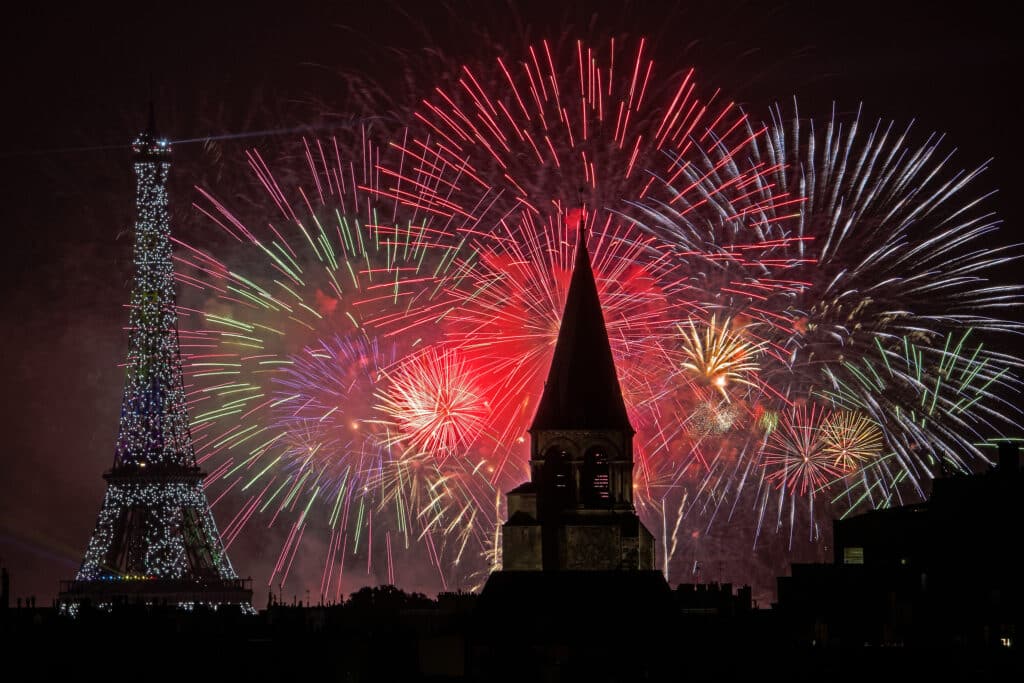
Greece (March 25th)
Greece celebrates its Independence Day on March 25th, commemorating the start of the War of Independence against the Ottoman Empire in 1821. The day coincides with the Feast of the Annunciation, making it a significant religious and national holiday. Celebrations include parades, particularly by schoolchildren dressed in traditional Greek costumes, and military displays. The day is also marked by church services, where the country’s liberation is remembered and celebrated.
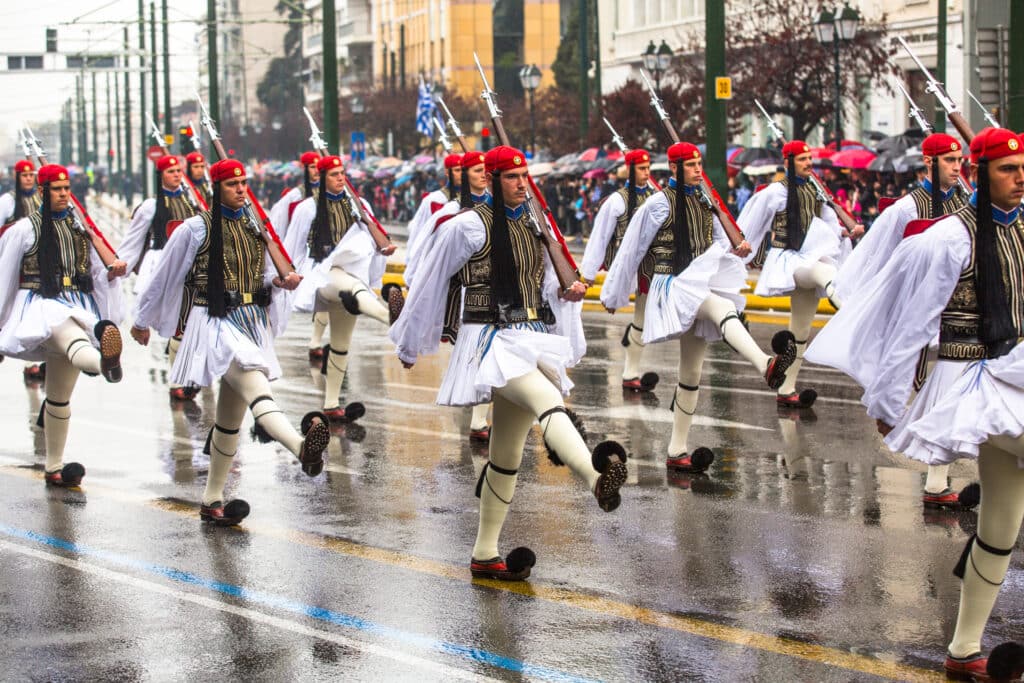
Norway (May 17th)
Norway’s Constitution Day, known as “Syttende Mai,” commemorates the signing of the Norwegian Constitution in 1814. Unlike many Independence Day celebrations, Syttende Mai is characterized by its focus on children and community. Parades led by schoolchildren carrying Norwegian flags take place across the country, and citizens dress in traditional attire called “bunad.” The day is filled with festivities, including speeches, games, and public gatherings, reflecting national pride and cultural heritage.
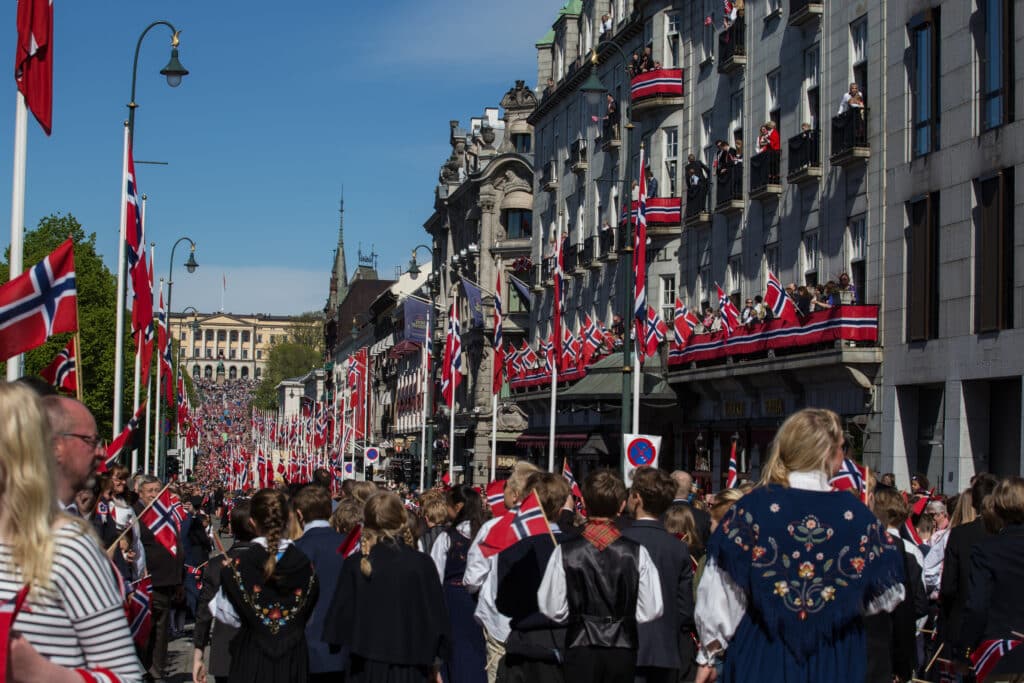
Asia
India (August 15th)
India celebrates Independence Day on August 15th, marking its freedom from British colonial rule in 1947. The day begins with the Prime Minister raising the national flag at the Red Fort in Delhi, followed by a speech addressing the nation. Across the country, flag hoisting ceremonies, parades, and cultural programs take place. The day also sees kite flying, a popular tradition symbolizing freedom. The skies are filled with kites in the colors of the Indian flag, creating a vibrant display of patriotism.
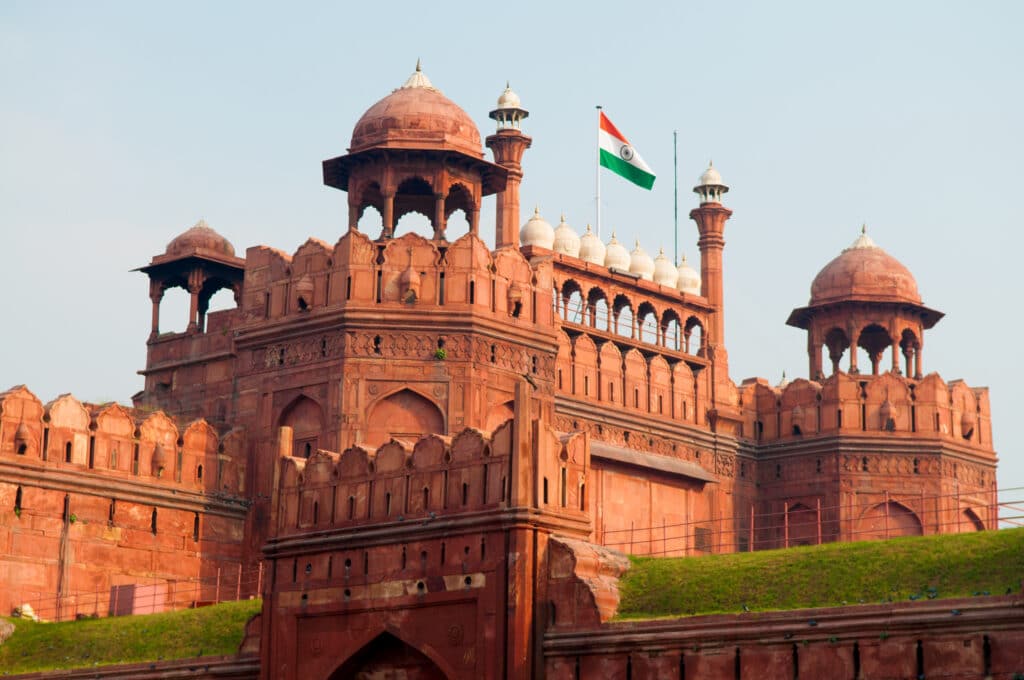
South Korea (August 15th)
South Korea’s National Liberation Day, known as “Gwangbokjeol,” is celebrated on August 15th, commemorating the end of Japanese rule in 1945. The day is marked by patriotic events, including flag-raising ceremonies and cultural performances. Many visit historical sites and museums to remember those who fought for independence. The government hosts official events, and people often sing patriotic songs, with the streets adorned with the South Korean flag. Traditional foods such as bibimbap and bulgogi are enjoyed during family gatherings.
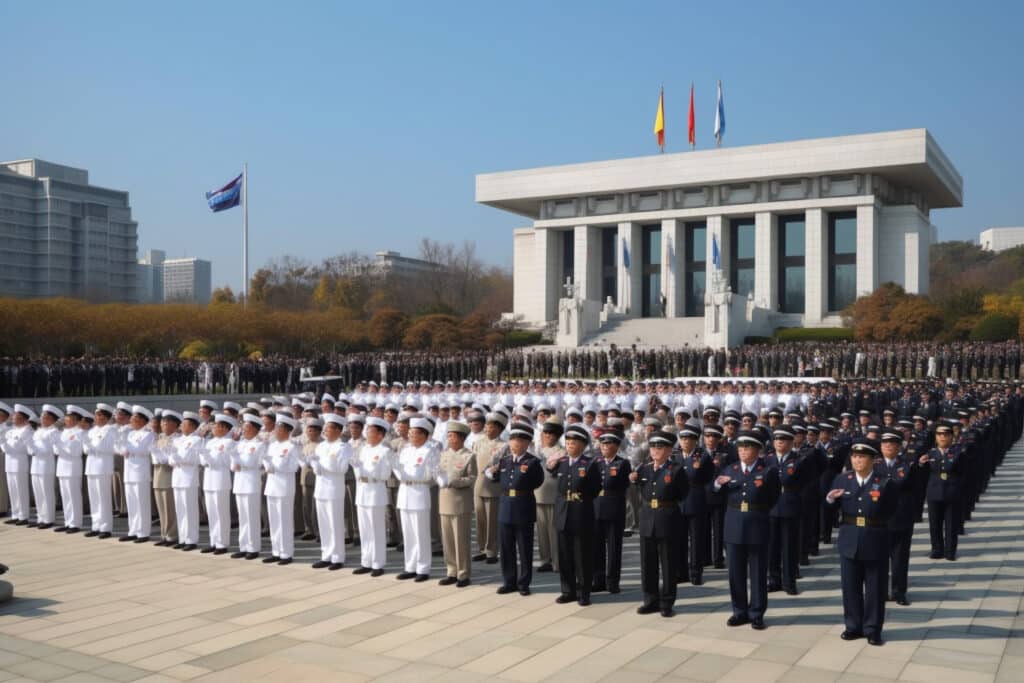
Philippines (June 12th)
The Philippines celebrates its Independence Day on June 12th, marking the declaration of independence from Spanish rule in 1898. The day is observed with flag-raising ceremonies, parades, and military displays. In Manila, the capital city, the President of the Philippines leads the main event, which includes a speech honoring the nation’s heroes. The day is also celebrated with cultural performances, showcasing Filipino music, dance, and traditional costumes.
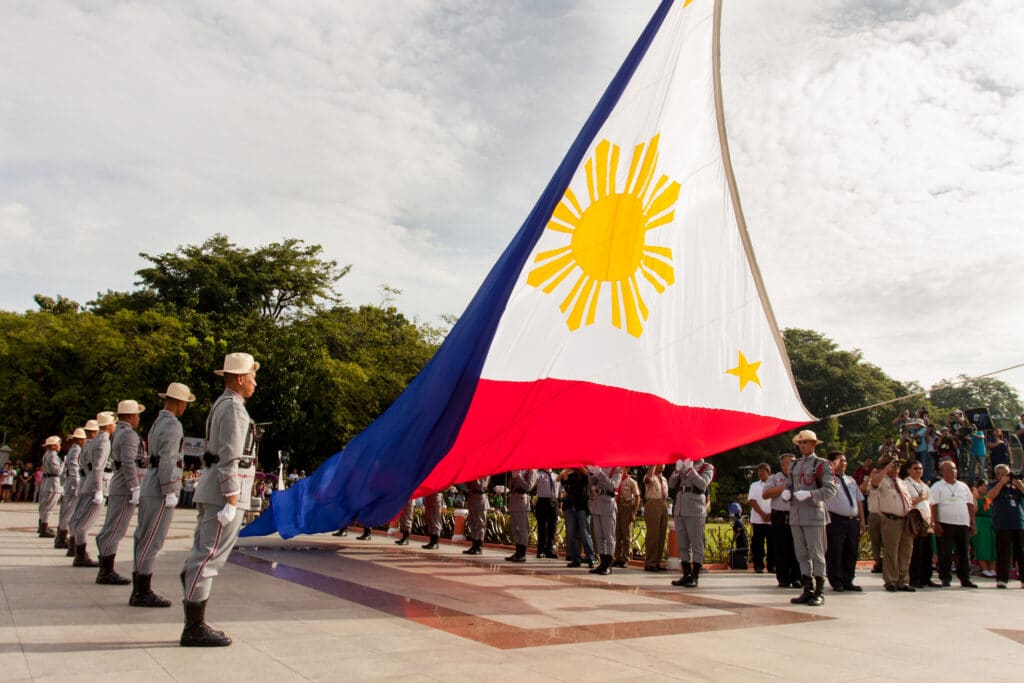
Africa
Ghana (March 6th)
Ghana was the first sub-Saharan African country to gain independence from colonial rule, and its Independence Day on March 6th is a major national holiday. The celebration includes parades, particularly in Accra, where the President of Ghana delivers a speech at Independence Square. The day is filled with cultural displays, music, and dance, reflecting the rich heritage of the country. Traditional foods like jollof rice and fried plantains are enjoyed during family gatherings.
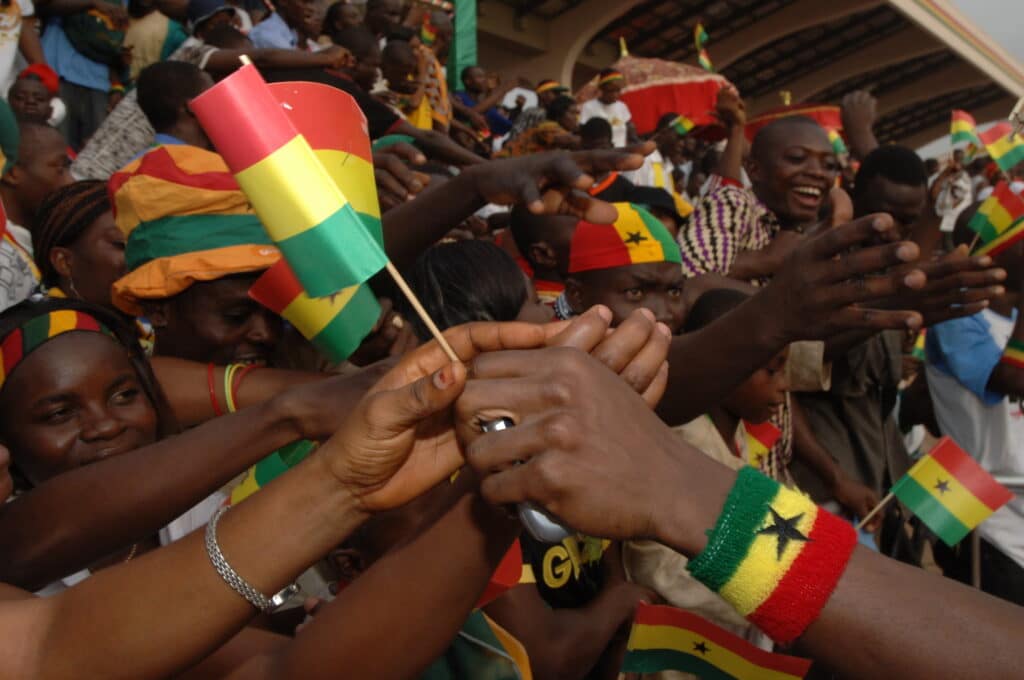
South Africa (April 27th)
South Africa celebrates Freedom Day on April 27th, marking the first post-apartheid elections held in 1994. The day is significant as it symbolizes the end of decades of racial segregation and the birth of a democratic nation. Celebrations include official ceremonies, speeches by leaders, and cultural performances. The day is also a time for reflection on the country’s history and progress, with events promoting unity and reconciliation.
Kenya (December 12th)
Kenya’s Independence Day, known as “Jamhuri Day,” is celebrated on December 12th, marking the country’s independence from British rule in 1963. The day is observed with military parades, cultural performances, and official speeches. In Nairobi, the capital city, the main event takes place at Nyayo National Stadium, where the President of Kenya addresses the nation. The day is also celebrated with traditional music and dance, highlighting the diverse cultures of Kenya.
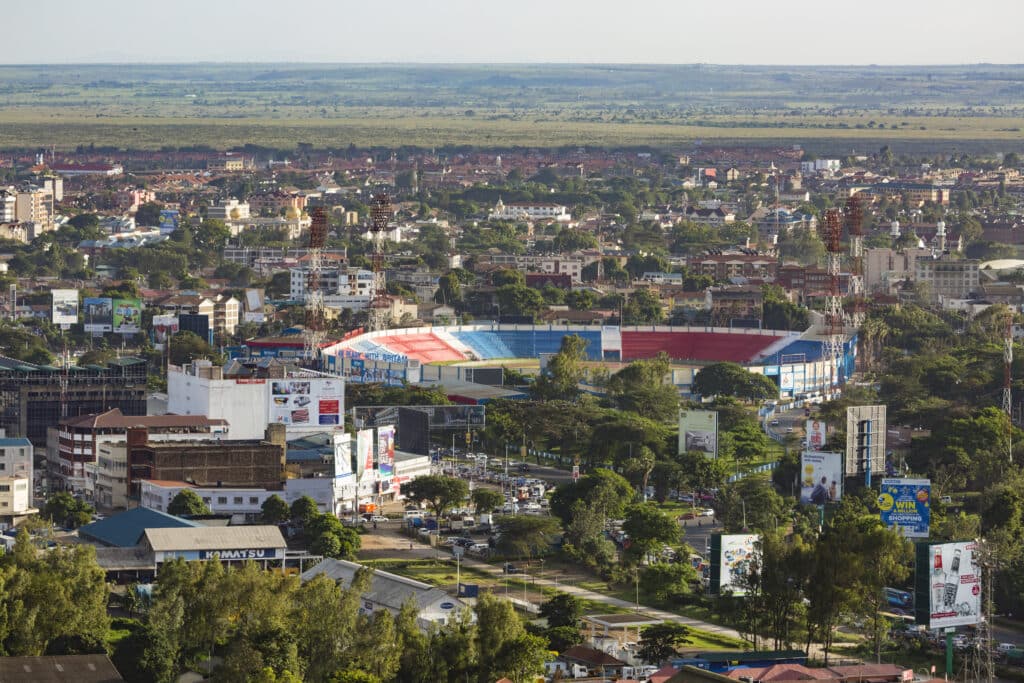
South America
Brazil (September 7th)
Brazil celebrates Independence Day on September 7th, marking its declaration of independence from Portugal in 1822. The day is celebrated with parades, particularly in Brasília, where the President of Brazil presides over the main event. The parade features military displays, floats, and cultural performances. The day is also marked by fireworks and concerts across the country, reflecting national pride and unity. Traditional Brazilian foods like feijoada are enjoyed during family gatherings.
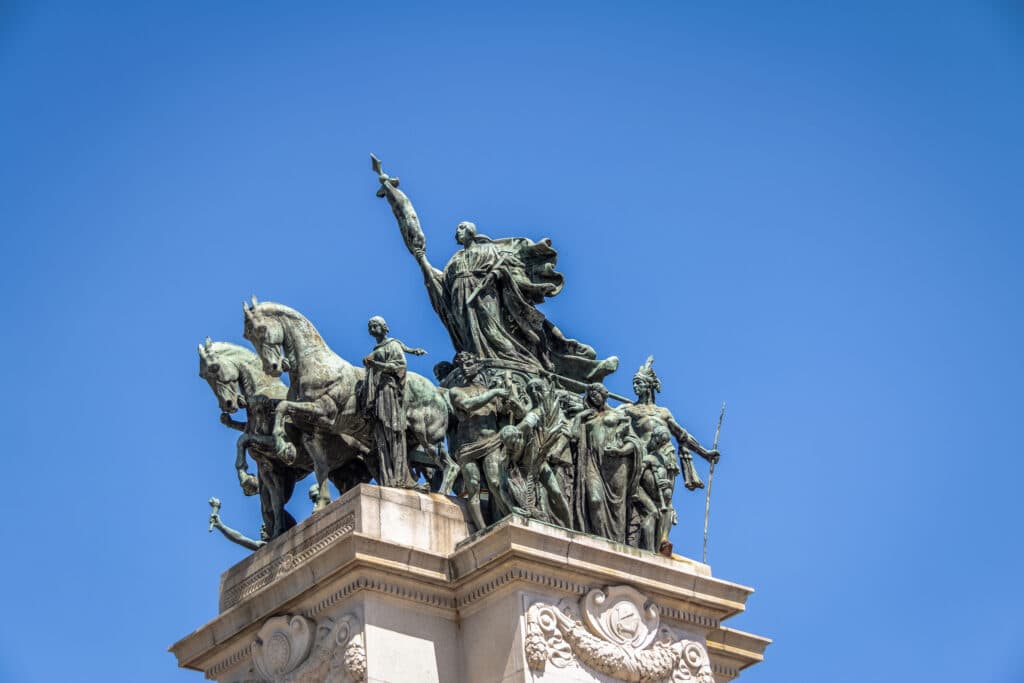
Argentina (July 9th)
Argentina’s Independence Day, known as “Día de la Independencia,” is celebrated on July 9th, commemorating the declaration of independence from Spain in 1816. The day is marked by parades, concerts, and public gatherings. In Tucumán, where the declaration was signed, a special ceremony is held at the Casa de Tucumán, a historic site. The day is also celebrated with traditional foods like empanadas and asado, and people often dress in blue and white, the colors of the Argentine flag.
